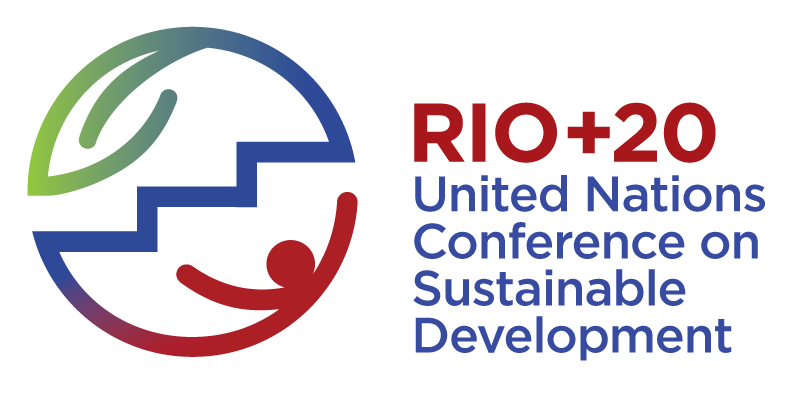INSIGHTS
Rio+20: Action, please, on sustainability reporting

Bloomberg reports that 75% of over 20,000 companies worldwide do not report their sustainability impacts. As a result, such impacts have minimal effects on the practice of incorporating sustainability data into company valuations.
The Rio+20 meeting is already at the receiving end of dampened expectations about what global heads of state will actually commit to doing. They can make a start by commiting to a UN agreement on sustainability reporting. Aviva Investors has pulled together a group of 70 organisations to support a statement on this. Fronesys is pleased to add its support to the group which also includes UNPRI, GRI, ACCA, Ceres, WWF-UK and UNCTAD.
The letter says this:
As heads of state gather for the Rio+20 meeting it is important to focus on practical and meaningful action that will benefit us all.
Investors have a vital role to play in ensuring a sustainable future for our world. But how can we make informed investment choices if basic information on sustainability is lacking?
That’s why Aviva formed a group to call for a significant change in corporate reporting. The group believes that the changes we’re calling for will have a positive impact on the sustainability of the planet and ensure the quality of life for our children and future generations.
At the moment 75 per cent of companies* do not report on sustainability issues, limiting the ability of markets to integrate sustainability into company valuation.
We are asking participants at Rio+20 to commit to developing a UN agreement on sustainability reporting so that we, as investors, can help guide the world towards a sustainable future.
This UN agreement would be a commitment by member states to develop regulations, codes or listing rules to encourage [require] the integration of sustainability issues within the annual reports of all listed and large private companies.
Corporate sustainability disclosure would be on a “report or explain” basis. We recognise the need for flexibility so an opt-out for companies that choose not to prepare a sustainability report could exist. However, these companies would be required to explain their reasons to their stakeholders.
Without this agreement it could be years before sustainability reporting is common practice across global markets. An international convention would level the playing field and engage more companies on the path to business sustainability.
The scale of support among investors for this idea is extraordinary. Managers representing US$2 trillion of people’s savings have come together to ask for this convention. They are backed by investor groups representing more than US$50 trillion of assets.
We believe that disclosure is in all companies’ interests. Reporting is one of the most important catalysts for changes that contribute to the long-term health of a business. The world now needs to move from the pioneering approach of a minority of companies to a global benchmark of best practice for all companies.
We call on governments internationally to support our proposals which, if adopted, could be one of the most significant and practical outcomes of the Rio+20 Summit.
MORE FROM INSIGHTS
Assessing the impacts and outcomes of integrated reporting
Fronesys founders played influential roles in the development of the integrated reporting movement, a corporate reporting mechanism that now has around two thousand listed companies as its adopters, and which is now part of the mainstream of corporate reporting. So, perhaps, now is as good a time as any for Jyoti Banerjee to look back and assess the outcomes and impacts, as well as the what-might-have-beens, of this new form of corporate reporting.
Integrated thinking is focus of chapter in new Oxford handbook
Oxford University Press has just released a new chapter from the forthcoming Oxford Handbook of Food, Water and Society: Integrating Multi-Capital Thinking in Business Decisions. The new chapter, contributed by Fronesys partner Jyoti Banerjee, explores how we need to change our understanding of value. Here is Jyoti’s account of what you can expect in this new publication.
A Shift in Perspective – How Universities Create Value
Jyoti Banerjee, partner at Fronesys, highlights that by adopting the principles of integrated thinking and reporting, universities can move away from a focus on reporting short term financial metrics to a multi-stakeholder approach which offers compelling narratives about their value.
SOCIAL FEED
[juicer name=”fronesys” per=’9′ pages=’1′]



